What is the difference between 3D printing and plastic injection moulding?
Injection moulding is a common manufacturing process for producing plastic products. It’s…
We’ve helped many clients design custom mould tools or maintain their existing tools for optimum manufacture.
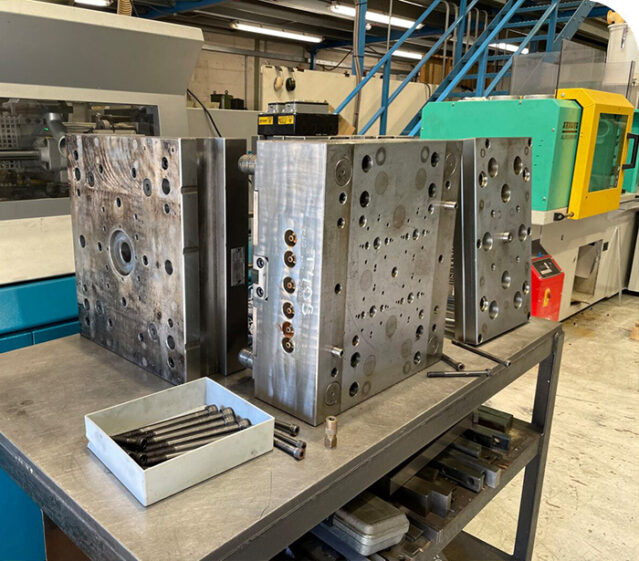
Our in-house experienced toolmakers have a keen eye for detail, designing tools that ensure efficiency, accuracy and optimal performance throughout the injection moulding process. The mould tool can be manufactured for single or multi-cavity production.
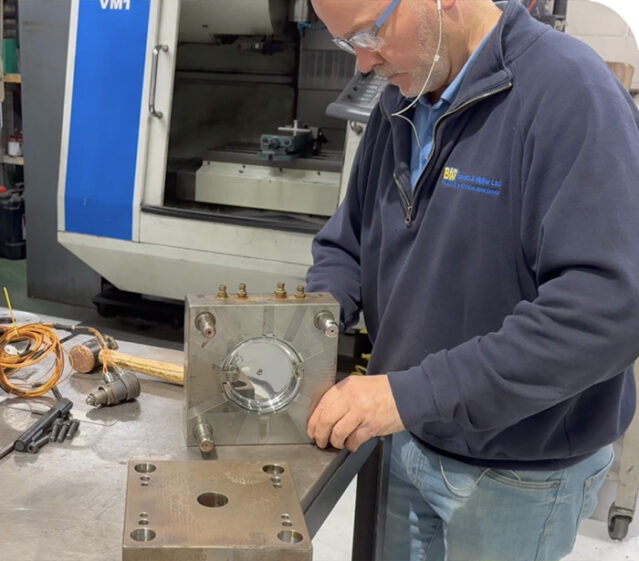
It’s important to make sure mould tools are kept in a good condition to maintain optimum efficiency and accuracy for manufacture. Whether you have an existing tool or would like us to create one for you, we will carry out regular maintenance and repairs if necessary. This ensures your tool works as expected and make sure there is minimal downtime, so you can be sure your investment is protected in the long term.
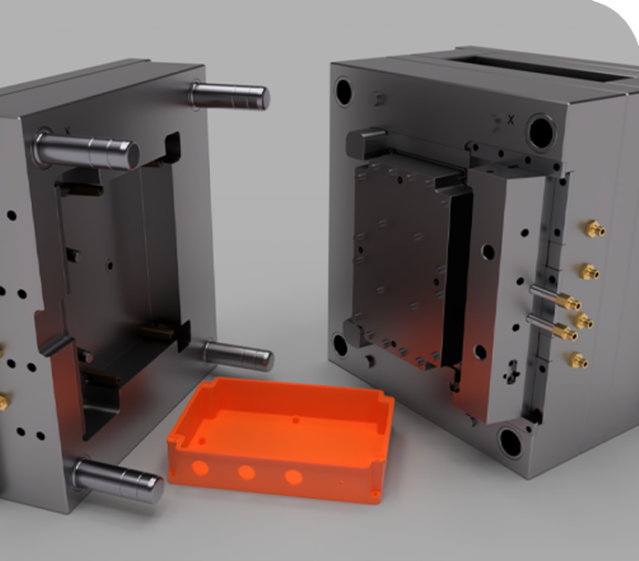
Need a new partner to care for your tooling investment? We can adapt your existing moulds using CNC equipment and spark erosion to work with our moulding machines seamlessly. You can count on us to be your dedicated partner in preserving and enhancing the value of your tooling.
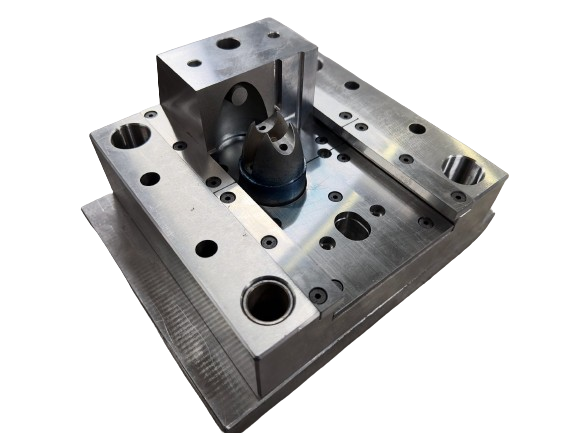
Do you need a bespoke tool to create your plastic products with precision and efficiency? Contact us to get a quote today.
Every tool is unique. That’s why we work with you to fully understand your product before suggesting the most suitable course of action. Understanding the product is key to making sure the quality is reliable, production runs smoothly and the entire process is aligned.
We use our own CAD software to design the tool, giving you a 3D view of all dimensions. Key considerations in tool design include the intricacies of the product’s geometry, material characteristics and the moulding machine’s specifications.
We then create your tool ready to use for the moulds. We can produce your tools using a range of materials, such as aluminium, steel, and stainless steel. We also offer maintenance services for existing tools.
Investing in plastic injection tooling enables you to save a lot of money down the line. Since the tool is custom built for your product, the final product will be highly accurate and precise. After the initial substantial upfront cost, the price per unit is very minimal making it a very cost-effective manufacturing process. The tool can also be adjusted to suit any product design changes you may need in the future.
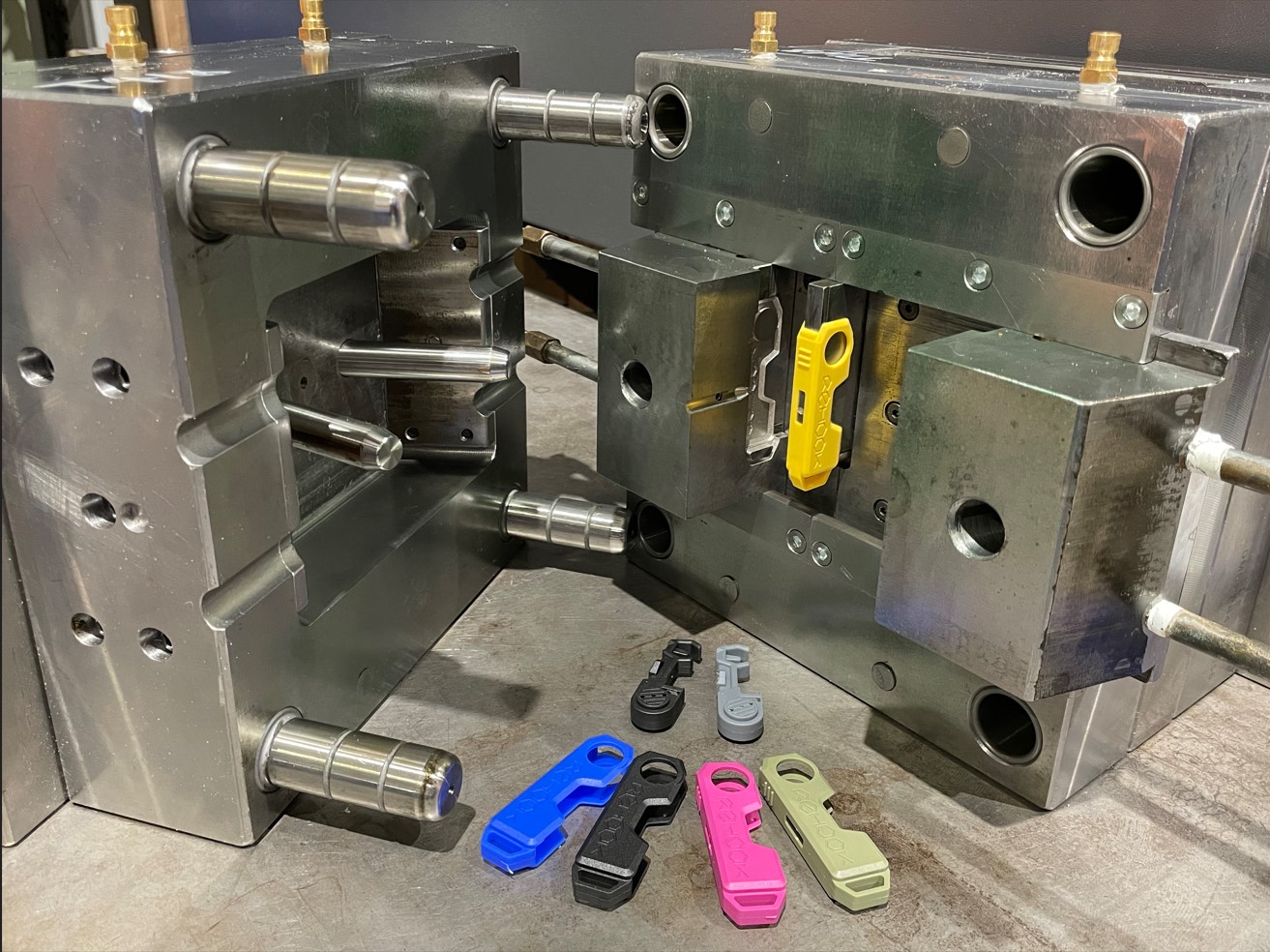
We answer your common questions surrounding mould tooling.
What is a mould tool?
An injection mould tool, also known as a mould, is an integral part of the injection moulding process. The purpose of the tool is to turn molten plastic into a specific shape through the core and the cavity. These two parts come together to form the desired shape of the plastic product. Once the mould tool is designed, it is used in alongside a moulding machine to produce plastic parts in large quantities.
What material is used for toolmaking?
Any material used to make a mould need withstand the high temperatures and pressures that come with the injection moulding process. P20, H13 steels and alumni, are the most common materials to make a mould tool.
What is the difference between tooling and mould?
Tooling refers to all tools in manufacturing. A mould is the shaping process in injection moulding. Making moulds is just one aspect of the broader tooling process in plastic manufacturing.
How are injection tools made?
on the plastic part design requirements. A suitable material is chosen and shaped using CNC technology. Heat treatment may be added for durability. The assembled mould, with a cavity and core, is then polished for a smooth finish.
Can you look after my tool?
We will maintain new and existing moulds to help preserve their life and quality. We can also carry out any repairs or modifications where necessary.
Who owns the tool?
The customer has full ownership of their tool. All of the tools we make are bespoke to the customer and are kept in our factory in Norfolk. This means that no other company can use your tool to produce your products.